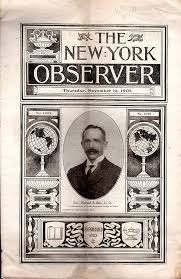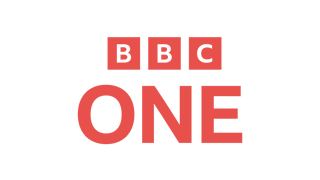The Observer: A Pillar of British Journalism

Introduction
The Observer, established in 1791, is not just the world’s oldest Sunday newspaper; it is a critical pillar in British journalism. Known for its investigative reporting, opinion pieces, and arts coverage, it has shaped public discourse and policy over centuries. In an ever-evolving media landscape, the significance of The Observer remains as pertinent today as it was at its inception, especially as it navigates the challenges of digital transformation.
Historical Context
Founded by journalistic pioneer John Joseph Smith, The Observer first hit the stands at a time when the British press was primarily focused on sensationalism. Smith aimed to introduce a more substantial approach to news, championing freedom of speech and social reforms. The newspaper quickly gained prominence and has since been influential in shaping public consciousness on issues ranging from politics to culture. Notably, during the 19th century, The Observer was at the forefront of investigative journalism, exposing scandals that often led to parliamentary inquiries.
Recent Developments
In recent years, The Observer has tackled a variety of critical issues, including climate change, social justice, and the impact of Brexit. With an increasing focus on digital media, The Observer has successfully adapted to the demands of online readership, ensuring that it continues to deliver in-depth analysis and reporting to a wider audience. The newspaper has also been a crucial platform for voices advocating for equality and representation in society, reaching out to younger demographics through social media engagement and multimedia content.
Significance in Today’s Media Landscape
The Observer’s commitment to high-quality journalism is crucial in a time when misinformation is rampant. With its investigative reports often setting the agenda for the week ahead, it serves as a model for responsible reporting. The paper’s editorial independence allows it to critique not just the government but also corporations, fostering an informed electorate. Furthermore, its subscriptions and readership have shown resilience, contributing to the ongoing financial viability of quality journalism amidst the decline of print media.
Conclusion
The Observer stands as a testament to the enduring importance of free press in a democratic society. As it continues to evolve and respond to the changing media landscape, it will play a vital role in shaping public opinion and fostering transparency. The newspaper’s focus on investigative journalism remains essential, as it not only informs but also holds power to account. Its future will be closely watched by both supporters and critics alike, as it remains an influential voice in journalism today.








